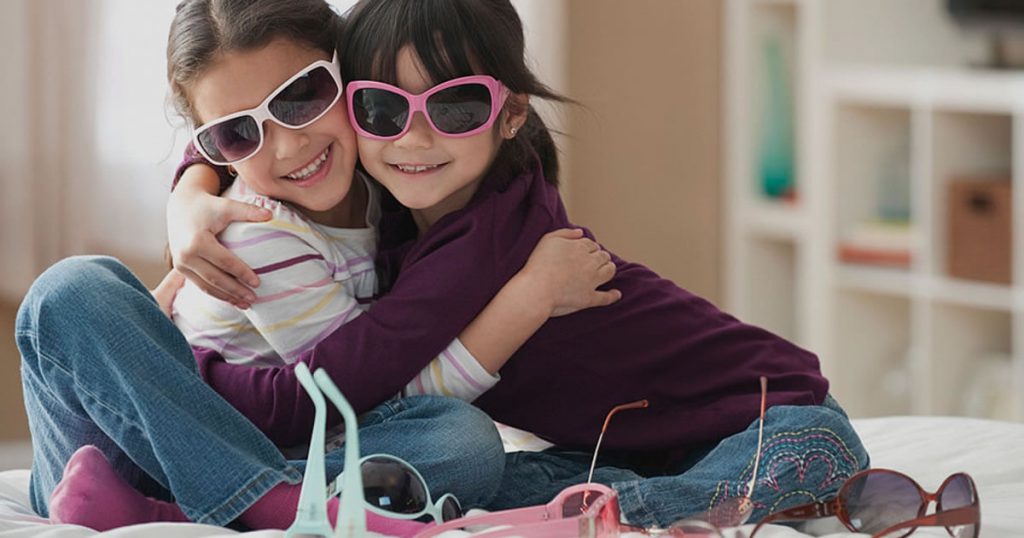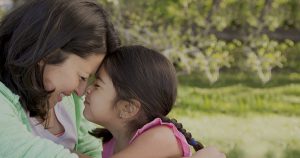How Children Socialise

Your child’s social life all began with you. As the parent, you were the first to laugh at him and with him. You were his first playmate and the first to answer his call as conversation. From there, he’s learnt how to interact with people.
He will build on these experiences throughout his lifetime. Playing games, cooperating, having conversations, making friends, and delighting relatives. And as with any other skill, he learns by trial and error.
Your child and the environment
As a toddler, your child will become increasingly curious about the world around him, though he will see things in relation to himself. As he learns to talk, he will find out that other people differ from himself, and find joy in observing their reaction. For some toddlers, this is when separation anxiety peaks, so they may be clingy and bashful.
While they seem to enjoy others’ company, toddlers tend to engage in ‘parallel play’, where they sit side-by-side with their playmates but play on their own. Older toddlers interact more, but are fiercely possessive of their toys. As they have difficulty expressing themselves, they may even bite or pull hair to show aggression. This usually goes away after they learn to express themselves through words.
As he gains confidence, he will start to actively engage with other children. He is still unlikely to share at this point, as the concept of sharing is still meaningless to him. He may also be very shy around adults as they are taller, louder, and more assertive than your child and his peers. If he hides and refuses to speak, don’t mistake it for rudeness. Your child will let you know when he is ready.
When to seek help
If your toddler seems excessively aggressive or incapable of spending time with other children without attacking them, you may want to seek the advice of a doctor.




